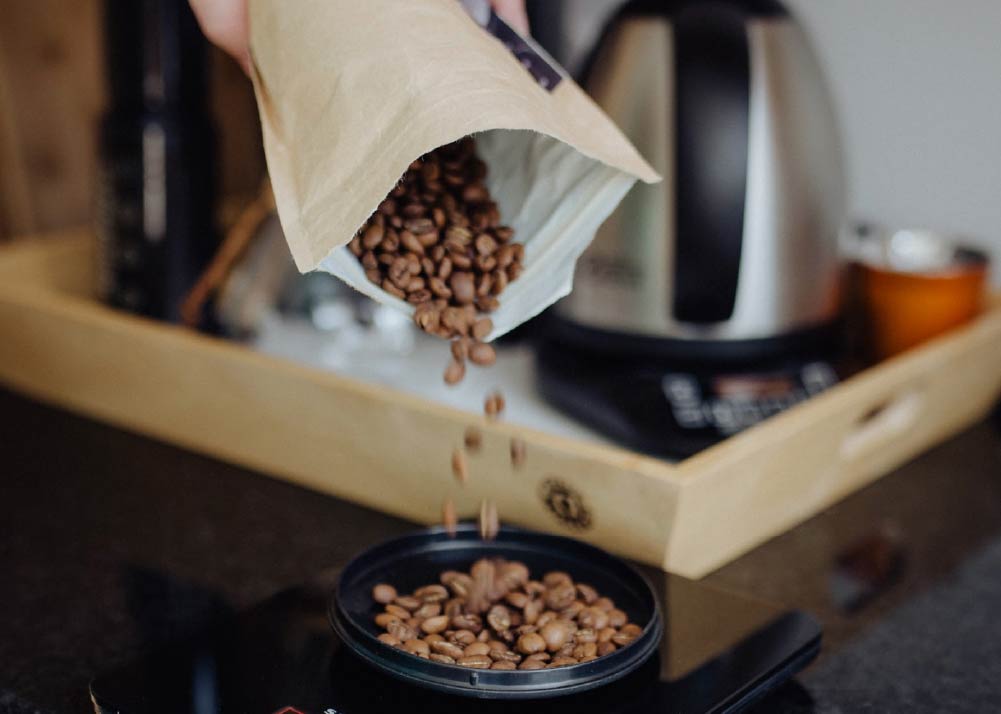Sustainable Sips: Elevate Your Coffee Experience with the Finest Choices
Local roasters often have a closer relationship with coffee farmers, ensuring ethical and sustainable sourcing practices. In conclusion, choosing sustainable coffee options is crucial for minimizing the environmental impact of the coffee industry. By opting for organic, shade-grown, Fair Trade, Rainforest Alliance certified, single-origin, compostable, and locally roasted coffee, you can enjoy your daily cup of joe while supporting a more sustainable future. So, next time you reach for your coffee, make an eco-friendly choice and savor the taste of a guilt-free brew. Sustainable Sips: Elevate Your Coffee Experience with the Finest Choices Coffee has become an integral part of our daily lives. It is the fuel that kickstarts our mornings and keeps us going throughout the day. But have you ever stopped to think about the impact your coffee choices have on the environment? With the growing concern for sustainability, it’s time to elevate your coffee experience with the finest choices that are not only delicious but also eco-friendly.
One of the first steps towards a sustainable coffee experience is choosing beans that are ethically sourced. Look for certifications such as Fair Trade or Rainforest Alliance, which ensure that the coffee is produced in a way that protects the environment and supports the livelihoods of farmers. These certifications also guarantee that the farmers are paid fair wages, which helps to alleviate poverty in coffee-growing regions. Another important aspect of sustainability is the packaging. Opt for coffee brands that use recyclable or compostable packaging materials. Single-use plastic pods are a major contributor to environmental pollution, so consider investing in a reusable coffee pod system or choose brands that offer compostable pods. By making this small change, you can significantly reduce your carbon footprint and contribute to a cleaner planet. In addition to the beans and packaging, the brewing method also plays a crucial role in sustainability. Traditional coffee makers often waste a significant amount of water and energy.
Switching to a more eco-friendly brewing method, such as a French press or a pour-over, can help conserve resources. These methods require less water and energy, resulting in a more sustainable coffee experience. Furthermore, consider the impact of milk and sweeteners on your coffee experience. Dairy farming is a major contributor to greenhouse gas emissions, so opting for plant-based milk alternatives like almond, oat, or soy milk can significantly reduce your carbon footprint. Similarly, choose natural sweeteners like honey or maple syrup instead of artificial sweeteners, which are often derived from non-renewable resources. To truly elevate your coffee experience, explore Best sustainable coffee the world of specialty coffees. These coffees are sourced from specific regions and have unique flavor profiles. By choosing specialty coffees, you support small-scale farmers who take pride in their craft and produce high-quality beans. Additionally, specialty coffees are often grown using sustainable farming practices, further contributing to a more eco-friendly coffee experience. Lastly, don’t forget to consider the waste generated from your coffee consumption.













